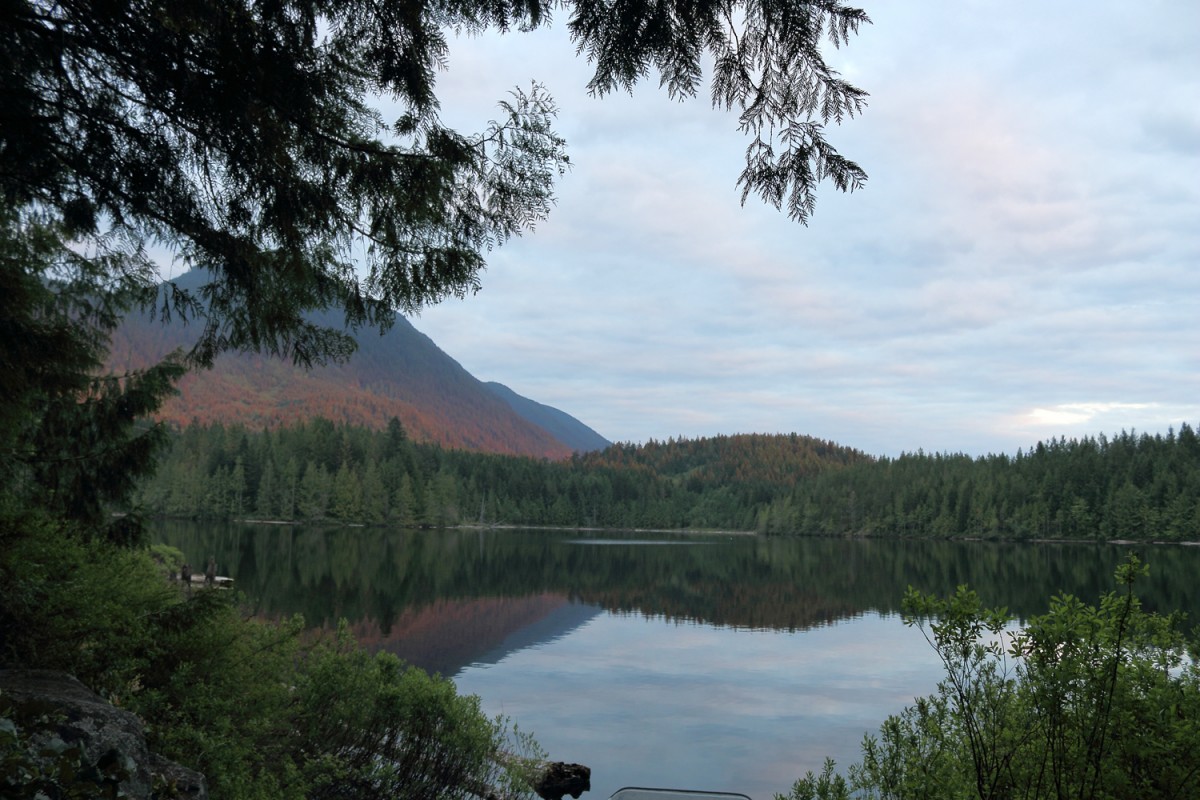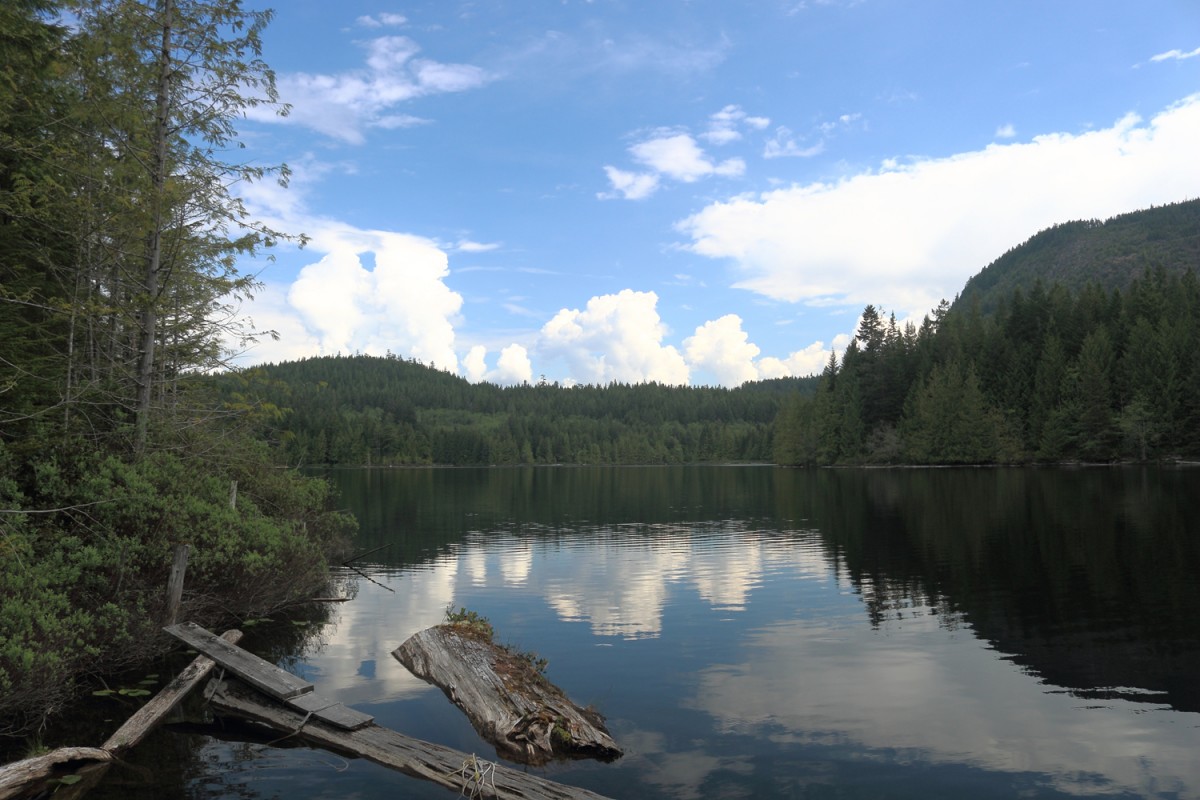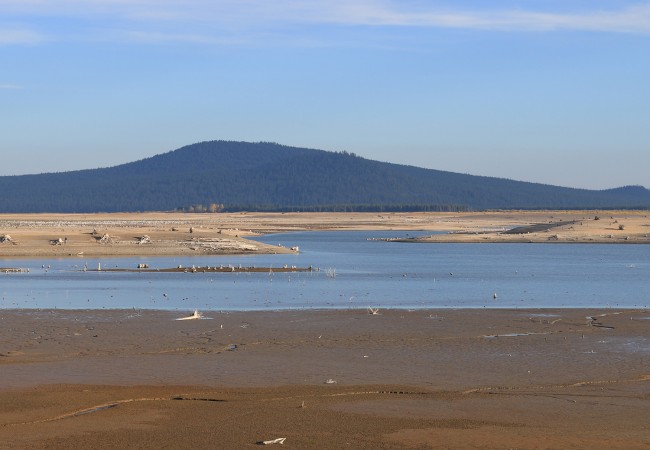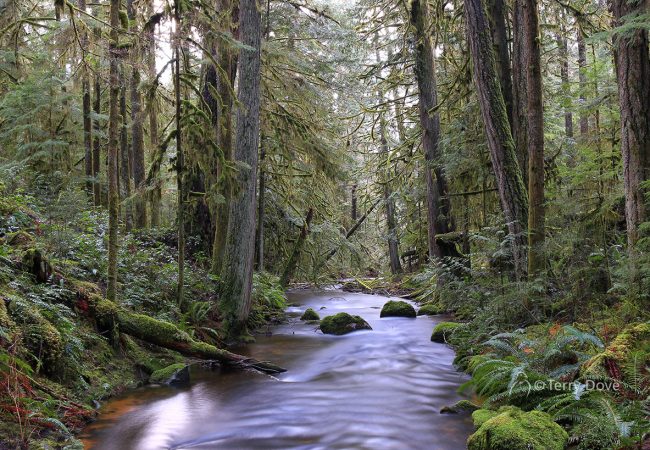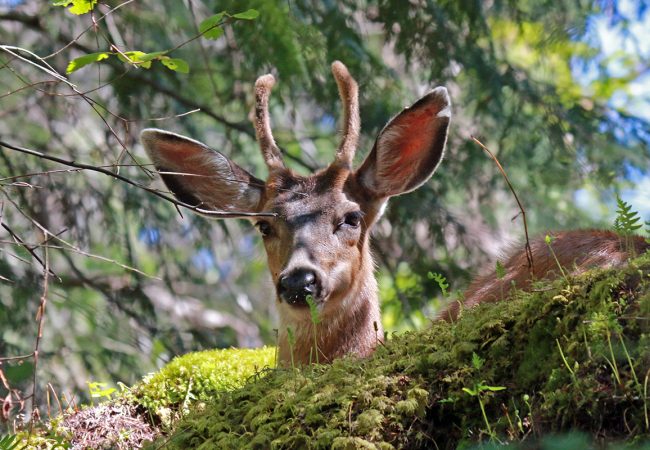From the Central Oregon Farm Fair, held February 3 2016,…
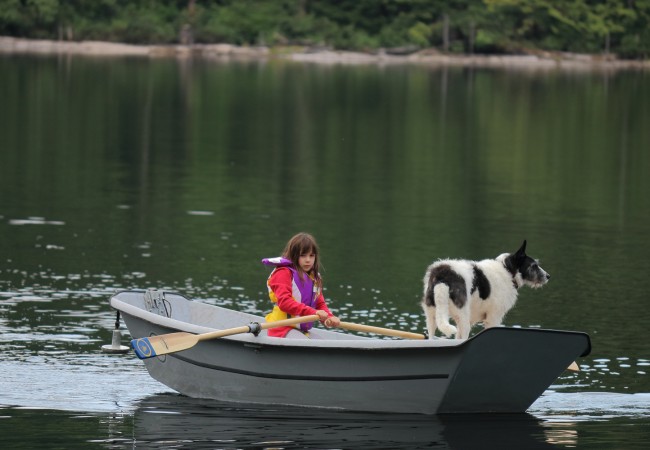
Klein Lake: a Spot for Kids and Kids at Heart
I don’t like giving away great fishing spots that are still uncrowded and quiet. But then, one of the main objectives at To the Wild is to get more people—and particularly more kids—out enjoying nature.
So with the kids in mind, I’m going to tell you about a little gem on British Columbia’s Sunshine Coast called Klein Lake.
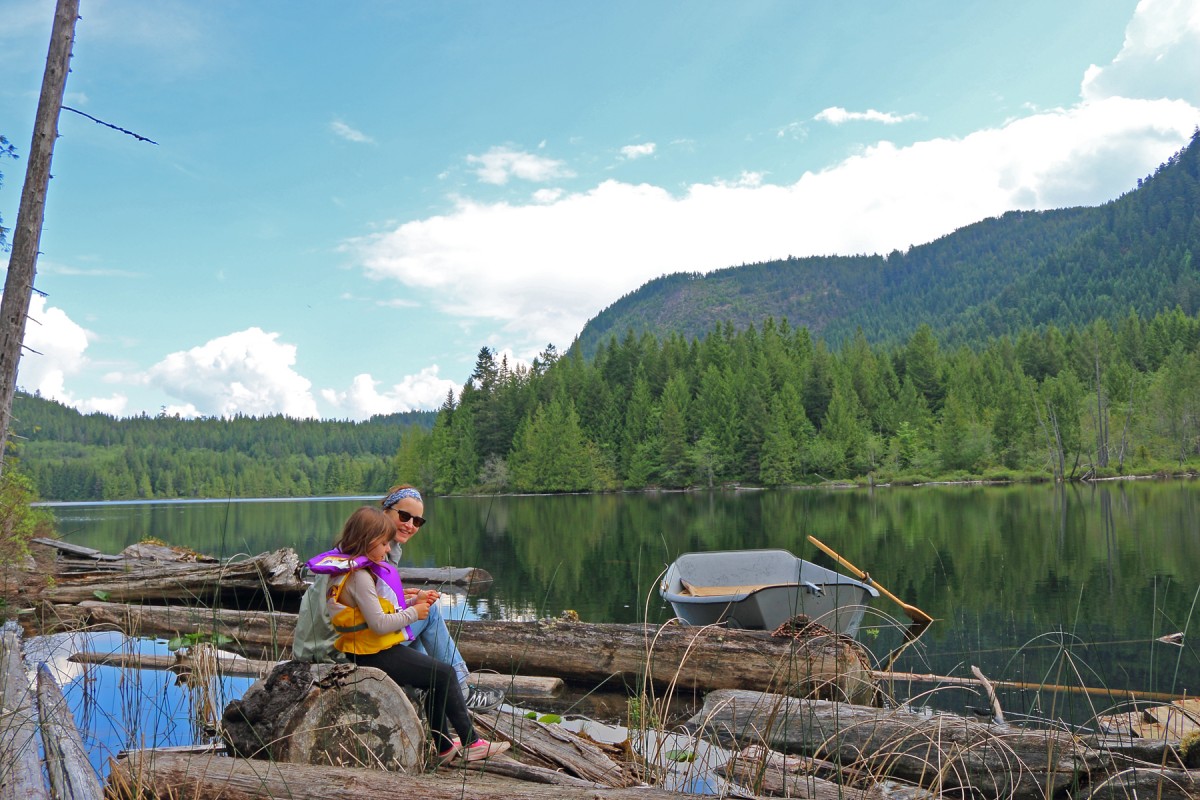
Klein Lake is small enough to negotiate with oars if you don’t mind a bit of exercise in the clean air.
Here you’ll find gorgeous, clean campsites, lots of native cutthroat trout and an abundance of wildlife. The fishing is mostly confined to spring and fall, when the water is cooler. In summer, the whole family can enjoy swimming in the warm, clear water while the fish hunker down in the deep end.
Only electric boat motors are allowed at Klein lake, which maintains the beautiful peace and quiet and also helps keep the water pristine. The lake is small enough to navigate with oars if you don’t mind some exercise in the clean air.
Klein lake cutthroat trout are fairly easy to catch on flies and spinners, which makes this spot ideal for teaching kids to fish. The bigger trout hang around the submerged logs that encircle much of the lake. The logs make fishing tricky because it’s easy to snag up as you work your fly or lure down to where the fish hold. We like to retrieve streamer flies using a slow sinking line, as the fish will sometimes come up from the logs and branches to take the fly. This technique works especially well on windy and/or cloudy days.
Remember, cutthroat trout are primarily protein eaters, especially after they reach about 12″ in length. So any fly pattern or lure that represents a fish or leech works best for the bigger fish. Still, the dry fly action can be good in the evenings during late spring or early fall.
When camping at Klein lake, we’ve often heard the haunting call of the Barred Owl, which sounds a bit like “Who cooks for you?” You’re also likely to hear a Great Horned Owl at night. The lake supports a wide variety of songbirds and waterfowl, including loons. This spring we camped next to a nesting pair of Red-breasted Sapsuckers, which we wrote about here.

